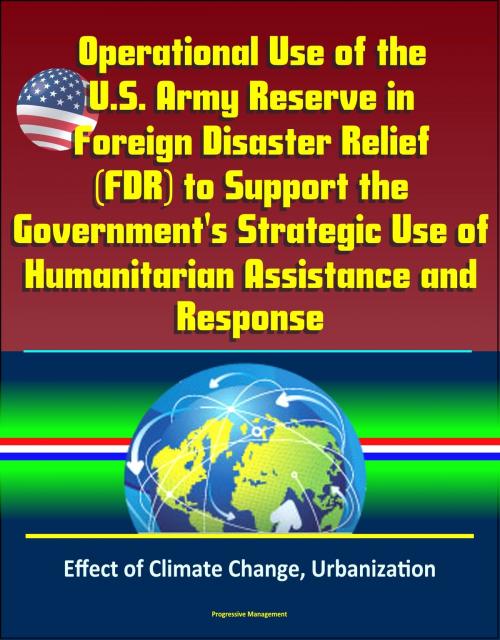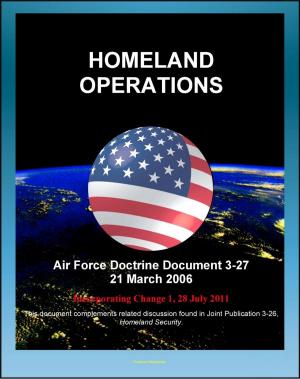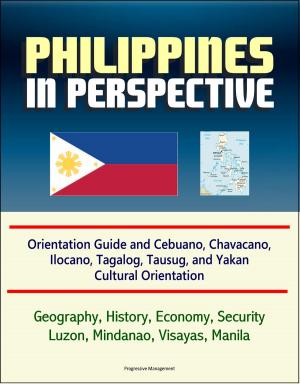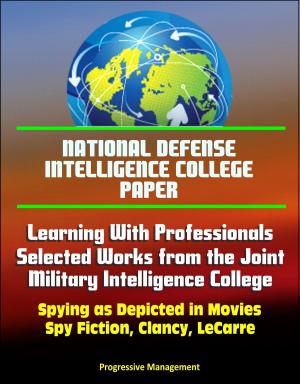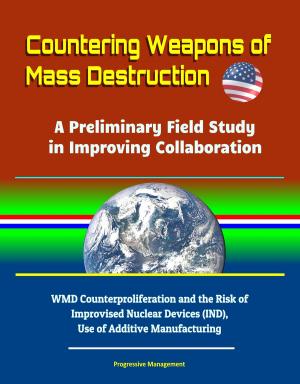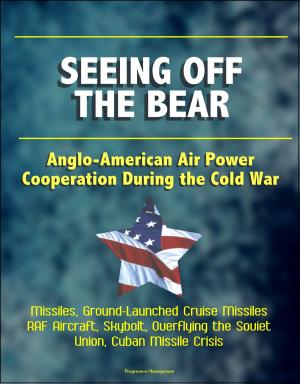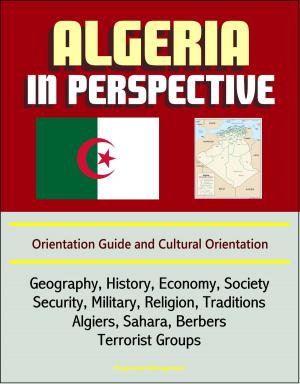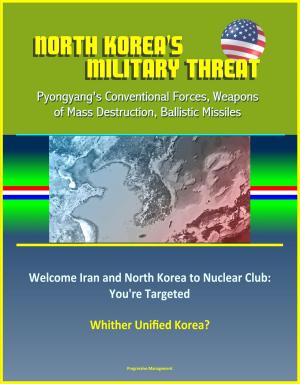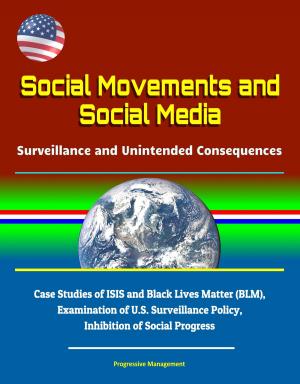Operational Use of the U.S. Army Reserve in Foreign Disaster Relief (FDR) to Support the Government's Strategic Use of Humanitarian Assistance and Response - Effect of Climate Change, Urbanization
Nonfiction, History, Military, Strategy, Social & Cultural Studies, Social Science| Author: | Progressive Management | ISBN: | 9781370650804 |
| Publisher: | Progressive Management | Publication: | February 23, 2017 |
| Imprint: | Smashwords Edition | Language: | English |
| Author: | Progressive Management |
| ISBN: | 9781370650804 |
| Publisher: | Progressive Management |
| Publication: | February 23, 2017 |
| Imprint: | Smashwords Edition |
| Language: | English |
This excellent report has been professionally converted for accurate flowing-text e-book format reproduction. Although it is impossible to predict the future, the operational environment of 2025 and beyond may require additional military support to the United States Government's agencies in Foreign Disaster Relief (FDR). Global climate change, urbanization, growing natural resources scarcity, and other factors will increase the need for humanitarian assistance (HA) and disaster relief. At the same time, the Department of Defense (DoD) is undergoing budget and force reductions. The confluence of these factors and interaction of these variables in the current and future operational environment may require increased FDR capability and support from the military. Options for how the DoD will address FDR should be explored. Given the unique capabilities of the United States Army Reserve (USAR), congruent with FDR, the USAR may be best suited for the primary role in FDR missions. This monograph explores the current and future environment and provides analysis of the USAR to serve as a DoD option with a primary responsibility in FDR.
The DoD's involvement in supporting the USG humanitarian assistance and disaster response (HADR) efforts through FDR will likely increase due to changing environmental conditions caused by climate change. Climate change is a major contributor to emerging natural resource scarcity, the increase in frequency of natural disasters, and other extreme weather events that influence the economic, social, and political stability of impacted nations. Insurgents and malign actors can capitalize on the prevailing unstable conditions created or exacerbated by climate change events or impacts. In addition, as nations have closed their borders to US presence, interaction, and influence, USG efforts in FDR can be a valuable tool to break down barriers and foster diplomacy.
This excellent report has been professionally converted for accurate flowing-text e-book format reproduction. Although it is impossible to predict the future, the operational environment of 2025 and beyond may require additional military support to the United States Government's agencies in Foreign Disaster Relief (FDR). Global climate change, urbanization, growing natural resources scarcity, and other factors will increase the need for humanitarian assistance (HA) and disaster relief. At the same time, the Department of Defense (DoD) is undergoing budget and force reductions. The confluence of these factors and interaction of these variables in the current and future operational environment may require increased FDR capability and support from the military. Options for how the DoD will address FDR should be explored. Given the unique capabilities of the United States Army Reserve (USAR), congruent with FDR, the USAR may be best suited for the primary role in FDR missions. This monograph explores the current and future environment and provides analysis of the USAR to serve as a DoD option with a primary responsibility in FDR.
The DoD's involvement in supporting the USG humanitarian assistance and disaster response (HADR) efforts through FDR will likely increase due to changing environmental conditions caused by climate change. Climate change is a major contributor to emerging natural resource scarcity, the increase in frequency of natural disasters, and other extreme weather events that influence the economic, social, and political stability of impacted nations. Insurgents and malign actors can capitalize on the prevailing unstable conditions created or exacerbated by climate change events or impacts. In addition, as nations have closed their borders to US presence, interaction, and influence, USG efforts in FDR can be a valuable tool to break down barriers and foster diplomacy.
